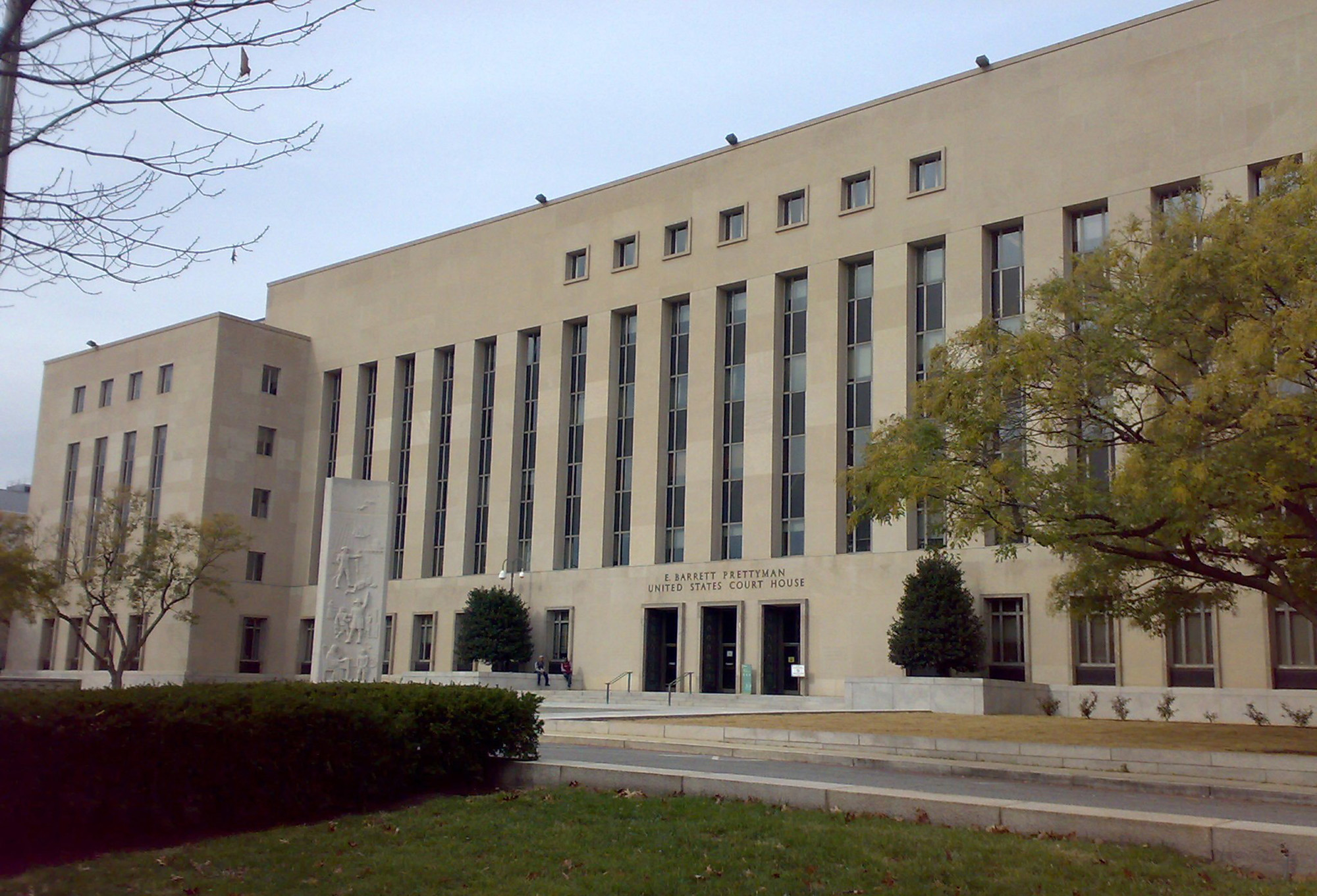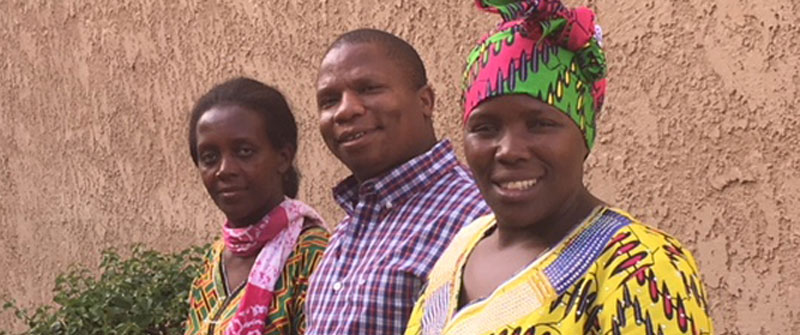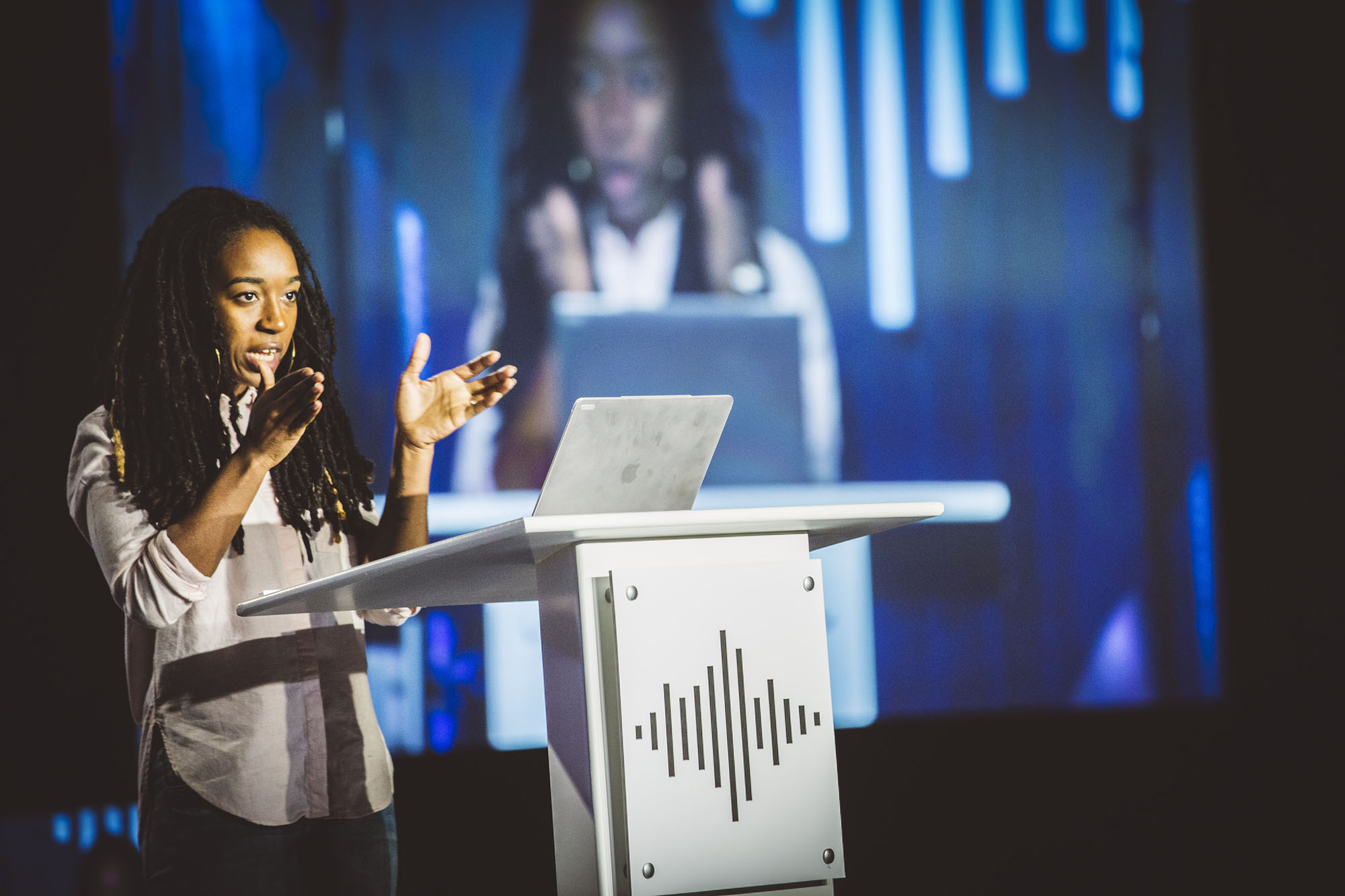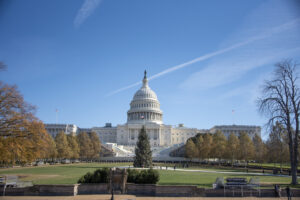
WASHINGTON (BP) — A legal battle over whether the Trump administration is required to facilitate an illegal-immigrant teen’s abortion ended Wednesday (Oct. 25) when the American Civil Liberties Union announced she had terminated her pregnancy.
ACLU senior staff attorney Brigitte Amiri, who represents the 17-year-old, said “justice prevailed,” according to an ACLU news release.
The abortion occurred less than 24 hours after the full U.S. Court of Appeals for the District of Columbia ruled 6-3 that the teen — known in court documents only as Jane Doe or J.D. — was entitled to an immediate abortion. The court denied the Trump administration’s request for a stay while the ruling was appealed.
The three dissenting judges claimed the ruling wrongly implies a right to abortion on demand for all undocumented minors who reach U.S. soil. Abortion is illegal in Doe’s native country, according to court documents.
Andrew Walker, the Ethics & Religious Liberty Commission’s director of policy studies, tweeted following announcement of the abortion, “Remember that for groups like the @ACLU, a murdered child is a cause for rejoicing. Moloch [an ancient Canaanite deity associated with child sacrifice] is alive and well. God, have mercy on us.”
Doe said in a statement released by the ACLU that after being told she was pregnant, “I knew immediately what was best for me then, as I do now — that I’m not ready to be a parent.”
Doe said the government “provides for most of [her] needs at the shelter,” but they would not allow her to leave to get an abortion.
“They made me see a doctor that tried to convince me not to abort and to look at sonograms,” she said. “People I don’t even know are trying to make me change my mind. I made my decision and this is between me and God.”
A three-judge panel of the D.C. Circuit Appeals Court ruled Oct. 20 the government had to release Doe by Oct. 31 to a sponsor who could help her obtain an abortion on her own. That ruling was seen as an attempted compromise between Doe and the Trump administration, which argued it was not required to expend any resources to secure abortion for an illegal immigrant minor being detained.
Doe appealed to the full court, which sided with her along ideological lines — with the six judges appointed by Democratic presidents ruling she should be granted immediate abortion access and the three Republican appointees disagreeing.
The case was sent back to a federal district judge, who hours later ordered the government to “promptly and without delay” transport the girl to an abortion provider, The Washington Post reported.
Judge Brett Kavanaugh — a member of the original three-judge appellate panel — wrote in a dissent to the full court that its ruling established a “novel” and “wrong” constitutional principle: “a new right for unlawful immigrant minors in U.S. Government detention to obtain immediate abortion on demand.”
A second dissent by Judge Karen Henderson claimed an illegal immigrant minor has no right to abortion and that the majority’s ruling “elevates the right to elective abortion above every other constitutional entitlement.”
Henderson, also a member of the original three-judge panel, said legal precedent has allowed restriction of undocumented immigrants’ rights of expression, of association, to bear arms and to be tried by jury, among others.
Then Henderson wrote, “But the freedom to terminate one’s pregnancy is more fundamental than them all? This is not the law.”
In support of the majority, Judge Patricia Millett — the third member of the original panel — wrote, “Today’s decision rights a grave constitutional wrong by the government.”
Doe’s case, Millett reasoned, was not an instance of “abortion on demand.”
“Here is what this case holds,” Millett wrote, “a pregnant minor who (i) has an unquestioned constitutional right to choose a pre-viability abortion, and (ii) has satisfied every requirement of state law to obtain an abortion … That sure does not sound like ‘on demand’ to me.”
Millett noted Doe’s abortion would be paid for with private funds.
The court did not issue a majority opinion but stated its order was based “substantially” on Millett’s reasoning, expressed initially in an Oct. 20 dissent.
Amiri, of the ACLU, said the Trump administration’s “efforts to intervene in women’s decisions won’t stop with Jane. With this case we have seen the astounding lengths this administration will go to block women from abortion care. We will not stop fighting until we have justice for every woman like Jane.”
The ACLU had asked the federal district court to allow Doe’s case to proceed as a class-action lawsuit, according to The New York Times, to secure a right to abortion for as many as 1,000 unaccompanied, pregnant minors who have immigrated to the U.S. and are in federal custody.





















